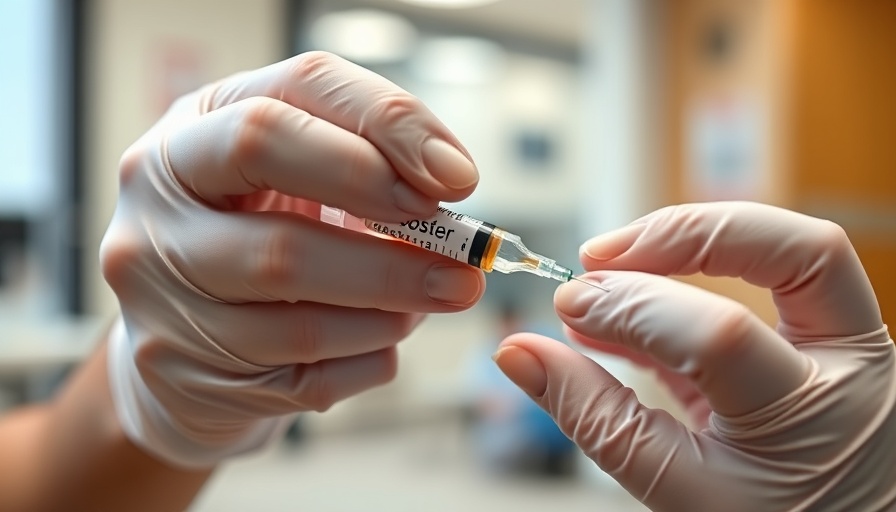
Massachusetts Tackles COVID-19 Vaccination: Key Guidelines Released
In a proactive move, Massachusetts has released new COVID-19 vaccination guidance just one day prior to a significant meeting of the CDC’s Advisory Committee on Immunization Practices (ACIP) in Atlanta. This decision underscores the state's commitment to public health and the importance of continued vaccination amidst ongoing debates surrounding COVID-19.
Who Should Get Vaccinated?
The newly issued guidelines suggest that children aged between six months and 23 months should receive the vaccine. Interestingly, while the state recommends the vaccine for this age group, it states that healthy children and adults over 2 years old “may receive” the shot based on personal choice and health considerations.
Massachusetts' Health Secretary emphasized that these recommendations, grounded in science and evidence, should take precedence over mixed messages circulating nationally. For instance, Robert F. Kennedy Jr., a vocal figure against COVID-19 vaccines, had stated earlier this year that vaccines should not be prescribed for healthy children and pregnant women.
Vaccination Recommendations for Vulnerable Groups
The guidance strongly advocates for vulnerable populations, including adults aged 65 and older and those with specific medical conditions, urging them to receive their doses to reduce the risk of severe outcomes from COVID-19. Moreover, it categorically states that all healthcare workers need to be vaccinated, reflecting the ongoing threat the virus poses in healthcare settings.
Strengthening Public Health Through Vaccination
Governor Maura Healey also made a statement reflecting the state’s resolve to keep healthcare decisions in the hands of its citizens, regardless of federal actions. “Vaccines remain the most effective public health intervention of the past century – they have saved millions of lives,” noted Public Health Commissioner Robbie Goldstein.
As the nation watches, Massachusetts is positioning itself as a strong advocate for vaccinations, pushing for the CDC to adopt similar approaches. This could potentially influence wider policies across the country.
 Add Row
Add Row  Add
Add 




Write A Comment